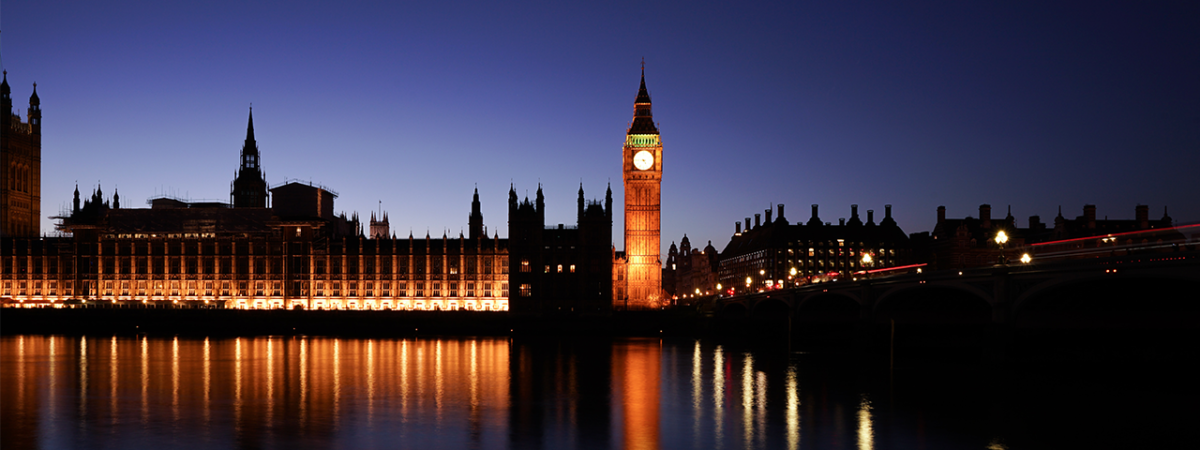Excluding economists from Covid policymaking a “serious mistake,” says new IEA briefing paper
SUGGESTED



- Throughout the Covid-19 crisis, governments have relied heavily on the advice of epidemiologists and health professionals, yet the economics profession has been conspicuously absent.
- The central insight of economics is that when the set of incentives change, so too will an individual’s behaviour – but this has been overlooked throughout the pandemic.
- A key device in the economist’s toolkit is cost-benefit analysis. Studies using this, by distinguished economists, suggest the costs of lockdown have far exceeded the benefits.
- Paying people £25 to be vaccinated would be a drop in the ocean in the overall context of Covid spending, and would do more than anything to overcome reluctance to be vaccinated.
Turning a blind eye: Have policymakers ignored economists during the pandemic?, written by economist Paul Ormerod, maps out preventable mistakes that occurred in the absence of economic insight and input, and makes the case for a cash injection to boost vaccine uptake.
Over the course of 2020:
- The government adopted a one-size-fits-all policy of lockdown, which relied on modelling from Imperial College that failed to take into account human responses – namely that people would modify their behaviour of their own accord when faced with a pandemic.
- Policymakers badly misunderstood the role of economic incentives, which led to low compliance with the test and trace regime. The fine of £10,000 for those who fail to self-isolate may have been counterproductive, making it less likely that people would supply the correct personal information to the authorities in the first instance.
- The government ignored the importance of the economic concept of revealed preference. Despite polling showing the public are in favour of lockdown restrictions, the lack of compliance with self-isolation rules demonstrated a far more sceptical attitude.The widespread evasion of the rules reveals people’s true preferences, rather than those which are merely stated in surveys.
- Though the highly unfavourable cost-benefit impact of lockdowns was revealed in studies from distinguished economists, it was overlooked by policymakers.
- The government failed to anticipate the poor performance of public institutions, including Public Health England, Ofqual and the teachers’ unions. It didn’t take account of “public choice” theory, which argues bureaucrats and politicians are just as likely to behave in a self-interested way as anyone else.
- Contradictory diktats issued by health bureaucrats and politicians eroded trust among the public, fostering scepticism, and thus reluctance to follow advice.
Paul Ormerod, economist and author of Turning a blind eye: Have policymakers ignored economists during the pandemic?, said:
”The only ways to control an epidemic effectively are by a vaccine or by a change in behaviour. Time and again, the scientists and health professionals have failed the government by ignoring the crucial role of incentives in changing behaviour. If the only tool you have is a hammer, everything looks like a nail, and the only tool they have had is lockdown.”
ENDS
Notes to Editors
Contact: Annabel Denham, Director of Communications, 07540770774
Paul Ormerod is available for further comment.
Turning a blind eye: Have policymakers ignored economists during the pandemic? is under embargo until 00.01 Wednesday 23rd December. An embargoed copy of the report can be found here: https://iea.org.uk/wp-content/uploads/2020/12/TURNING–A–BLIND–EYE.pdf
The mission of the Institute of Economic Affairs is to improve understanding of the fundamental institutions of a free society by analysing and expounding the role of markets in solving economic and social problems. The IEA is a registered educational charity and independent of all political parties.



